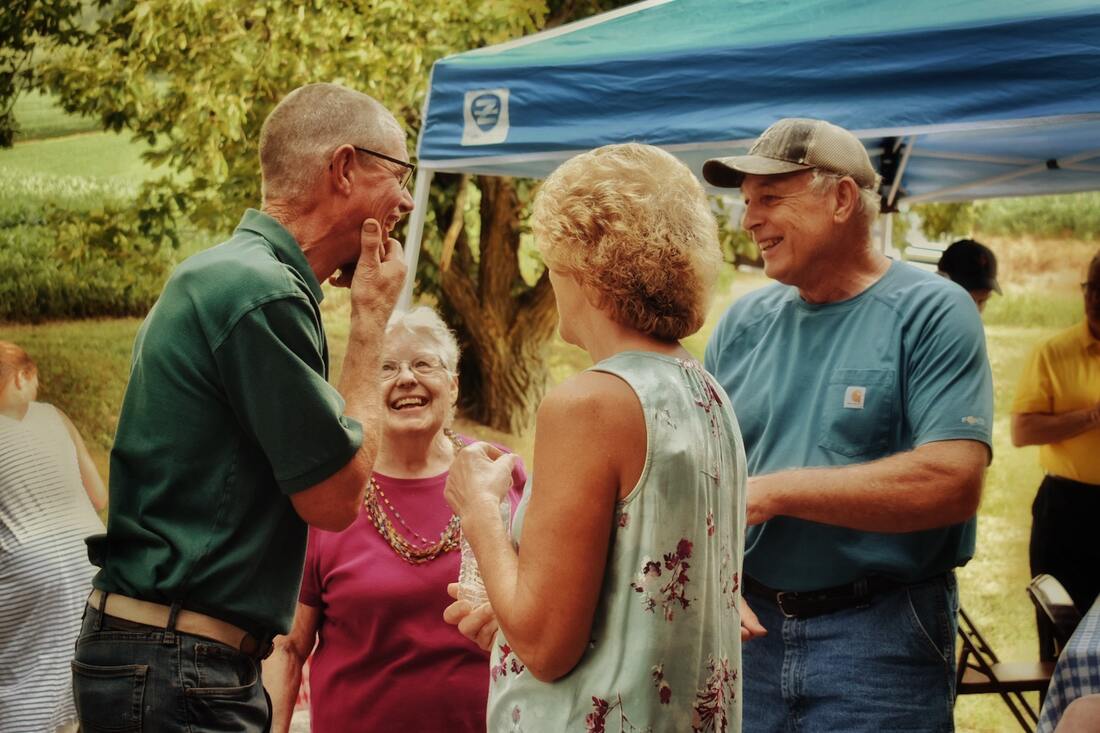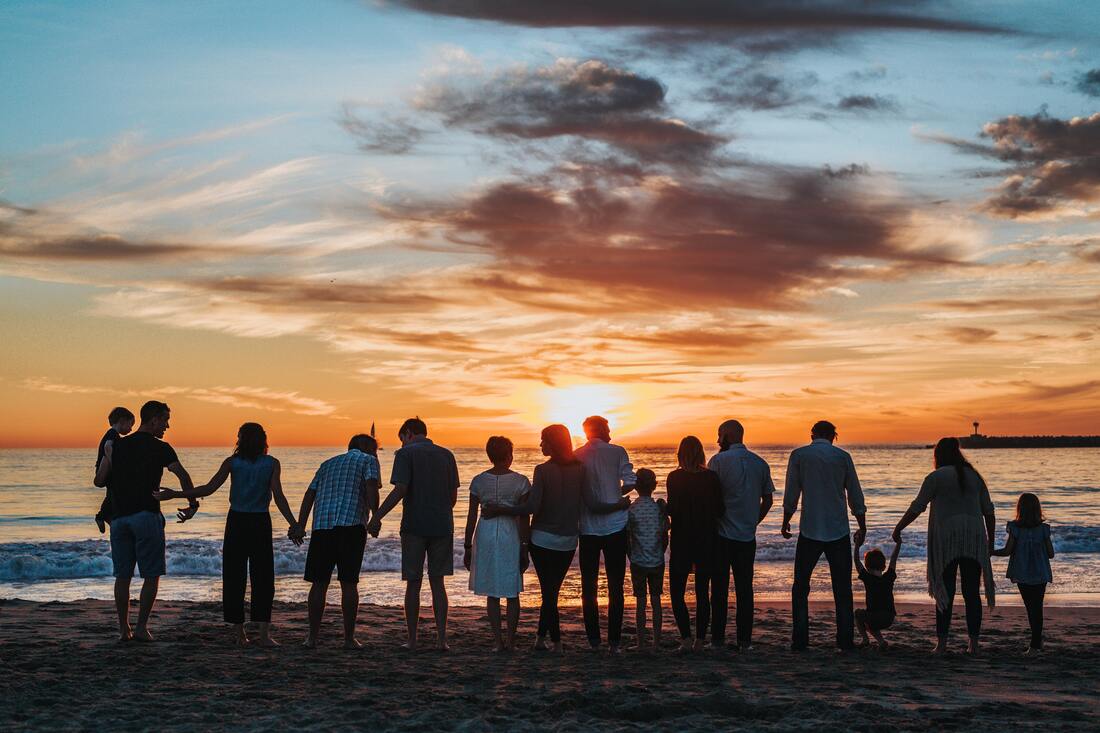|
As humans, we are wired to crave connection, to create deep lasting bonds; be that with a social circle, or just a social life in general. It is important to keep people around us as a support group or network. It’s part of how we develop as humans, and a tool we can use to manage our mental health state. We don’t necessarily need to cast the biggest social net to fulfill this, and it doesn’t mean keeping tabs on how often you go out in public to fancy parties or events. This isn’t what social self care is. It’s about building and maintaining relationships with people in your life that you can talk to, trust in, and rely on. Depending on how introverted or extroverted a person is will determine how big this circle should be for them, but everyone should have at least one or two people in their lives that they can regularly share this deeper level of communication. Even if it’s as simple as a text message or a phone call. It is important to have in person interactions as well, but social self-care is not a one size fits all concept. It’s about creating a sense of belonging, a sense of connectedness. Finding people that we can truly be ourselves around. Sometimes we get too caught up in our own views of a certain situation, and you become stuck in a mindset that may not be healthy. It’s the people in our lives that can offer a different perspective that may exist in the blind spot of our minds.
Not only are all these relationships important for us to be able to talk about our lives, both our problems and wins in life, it’s important that we are the ones listening to the other person’s problems and concerns as well. Relationships are a two-way street, and thrive best when there is a balanced give and take. We are born to be social. From the moment we are born, we immediately begin to create bonds. For most, our families are the first people whom we form this connection*, and really set the stage for how you navigate your life as a social being. Our families fill this role for us for the first few years of our lives; Mom and Dad always have your back, and the relationships you have with your siblings will become the longest relationships of your life! Our families teach us how to behave, how to interact, and how to make sense of big feelings that young children don’t understand yet. Early childhood preparation all leads up to that first day of daycare or school. Suddenly, we are thrust into a new setting, with new people, and a new type of relationship we are able to explore. We begin to make our first friends! *Understandably, and sadly, not everybody shares this experience, and to some in that situation, it can feel like a major setback. The good news is that in 2023, it’s easier than ever to connect with people with shared experiences. Confronting these shortcomings is still growth, just think of it as taking the scenic route! As a child, a lot of time may have been spent at Grandma and Grandpa’s house, and a full house it was! Many grandparents have a wide circle of friends that stretch way back to when they were in elementary school. In fact, we hear many stories about how individuals and their best friends actually met on their first day of school! A life long friendship is born with what was likely a very simple introduction and maybe one common interest (You like cake? I too like cake!). Most probably didn’t realize decades earlier, but they were practicing social self-care. They spoke freely with one another, they shared their experiences with one another, and through this, they socially matured together through their adolescence, through their marriages, becoming parents, grandparents, retirement, and through the ends of their lives. They went through all the same life experiences at around the same time, so throughout their lives, they were able to continue to relate to each other and look to one another for advice, or just someone to simply chat with about frustrations, and highpoints that came their way. We should all be so lucky to have a best friend like this in our lives! It’s also quite often through our friendships that we end up meeting the people who develop into our romantic relationships. Not to say that a romantic relationship needs to be a key part of anyone’s life to be considered as having healthy social self-care. If your family and friends fulfill this for you, that's wonderful! For a large percentage though, we end up in relationships. These types of relationships are like a hybrid. Your significant other, legally (if you opt to marry) becomes your family, but more often than not, started out as your friend. They are someone you’ve committed to working on life with, through disagreements and differences. Practicing social self-care is key in these relationships, because communication is key. You may not have both been raised in the same way, so some of your behaviors might not be what your partner expects. Through open communication, we learn to understand each other, and strengthen our bonds with one another. Eventually you may have children together, and start a whole new cycle of social self-care for those children! All of these types of relationships can keep us grounded when we might be feeling lost, bring us up when we’re feeling down, and make us feel valued when we may not feel appreciated. As long as you put forth effort, you are practicing social self-care, and are hopefully leading a more fulfilled life. On a personal note, if you look closely at the logo, it actually represents an aspect of social self-care - a human connection. At Living Touch Massage, we understand there is much more that goes into being fully healthy and we hope we are able to help each of our clients achieve a more healthy well being. Comments are closed.
|
Categories
All
Archives
June 2024
|
Massage News - Articles of Interest
|
|
Recent Testimonials
"After a car accident a few years ago I have had problems with my shoulder. Rita helped me with the pain when doctors couldn't."
- Jo A. "I have suffered from chronic headaches and several back injuries for years. Regular massage has helped me to increase my flexibility and reduce muscular tension."
- Sheila P. |
About Us
We are a family-owned and operated company, serving the Bemidji area since 2004. Rita Scholl Bergstrom has over 25 years' experience as a massage and bodywork practitioner. |
2024 Copyright © Living Touch Massage. All Rights Reserved.
Site powered by Superior Effect Marketing




